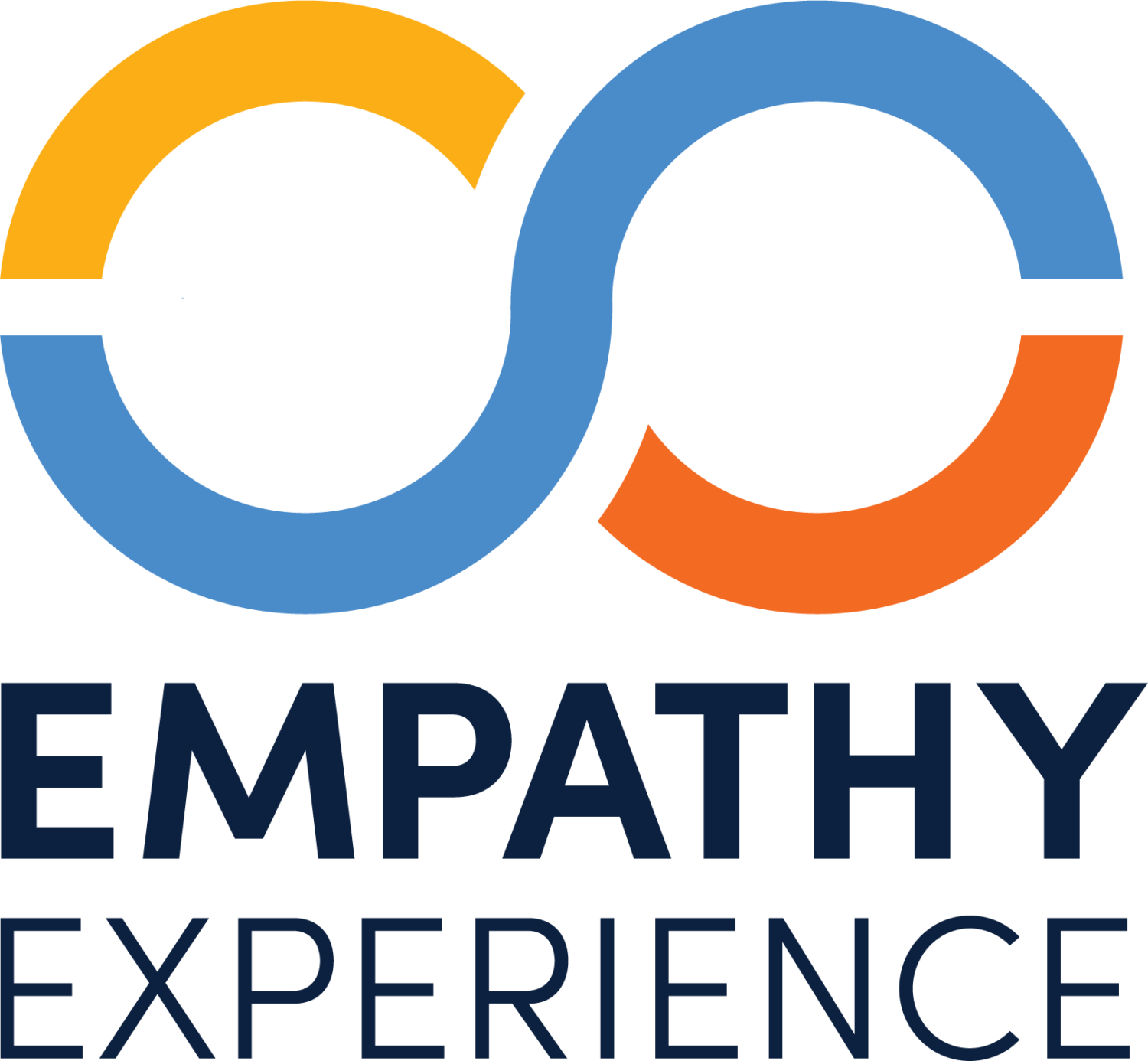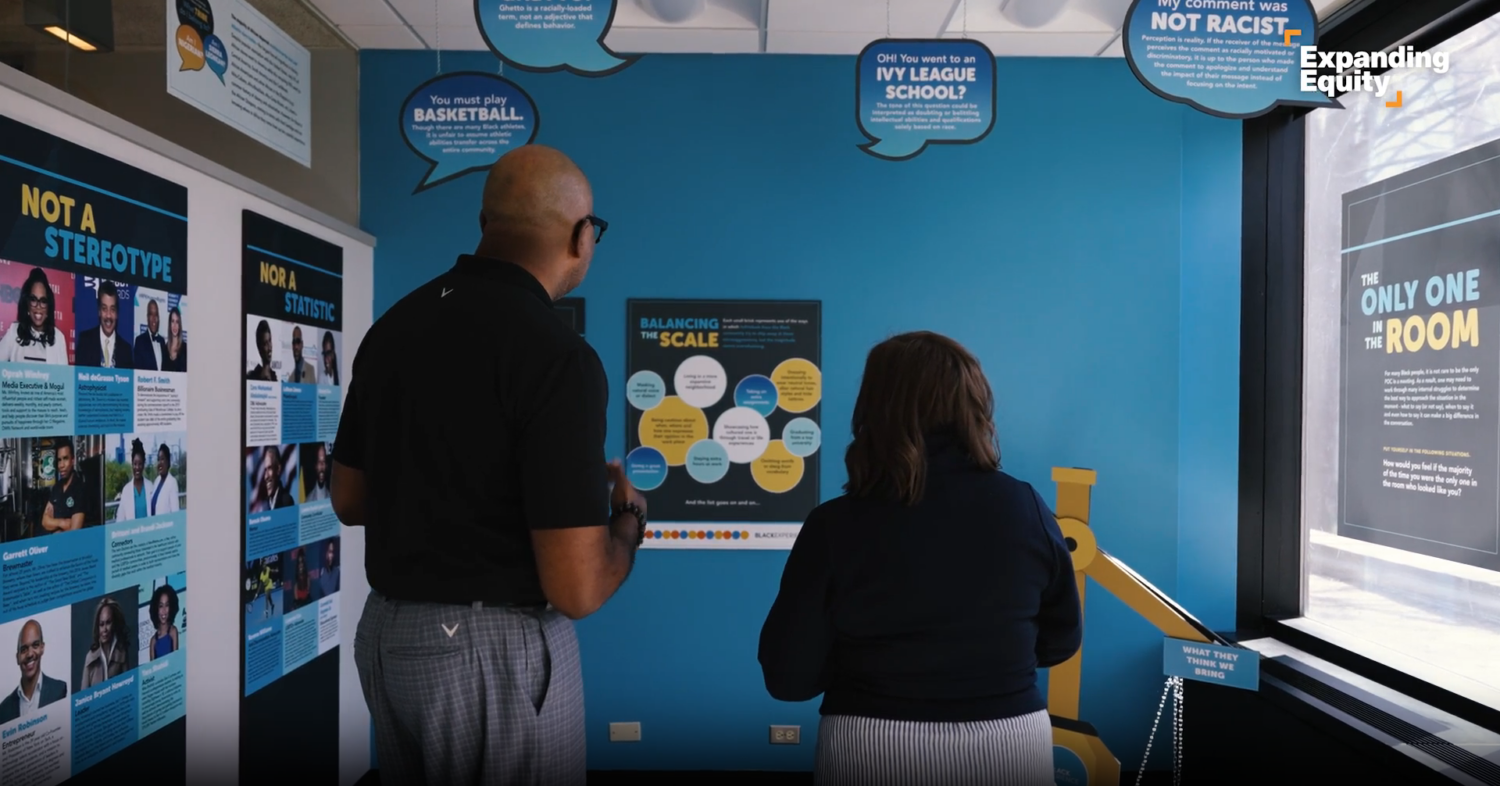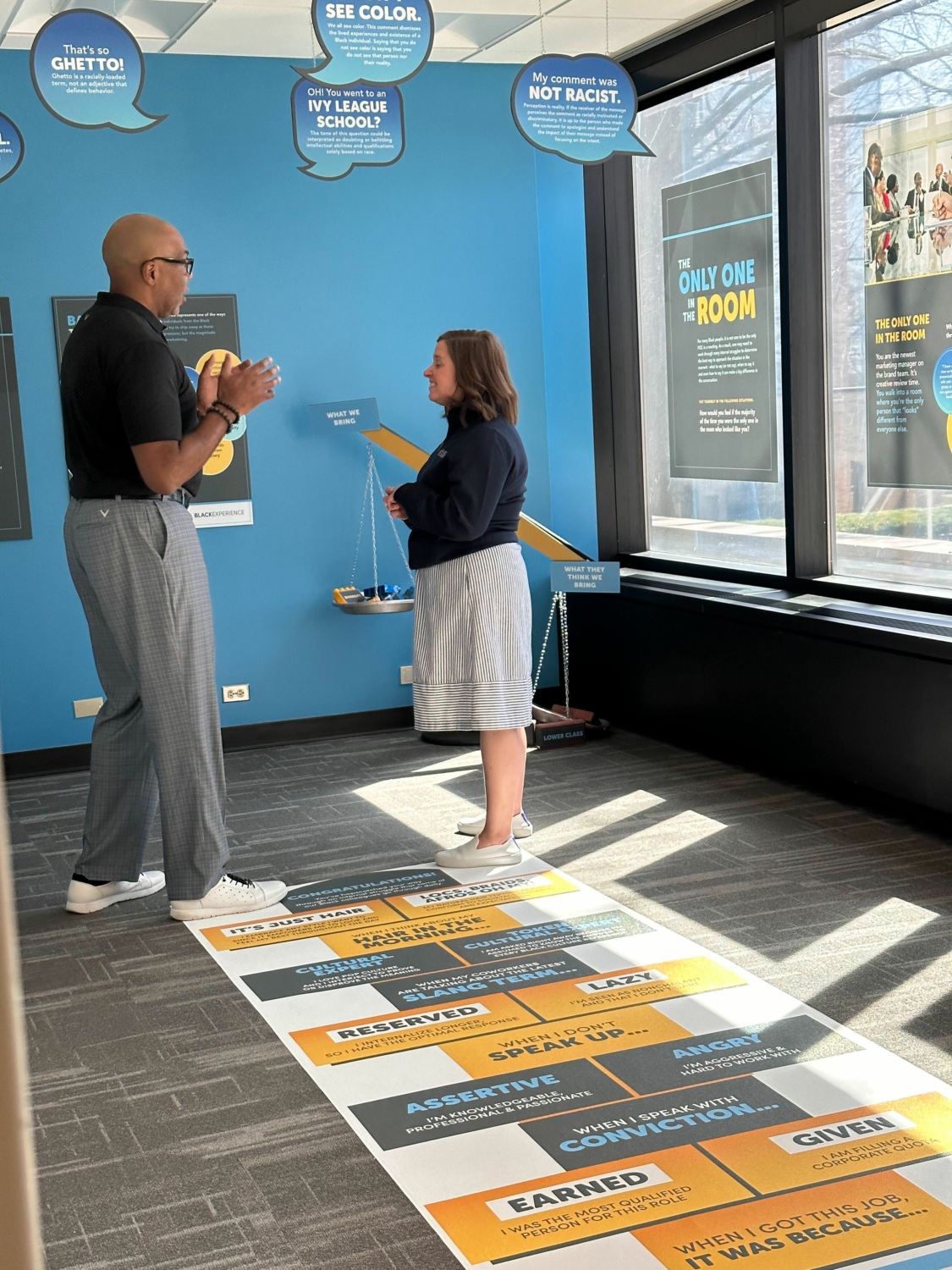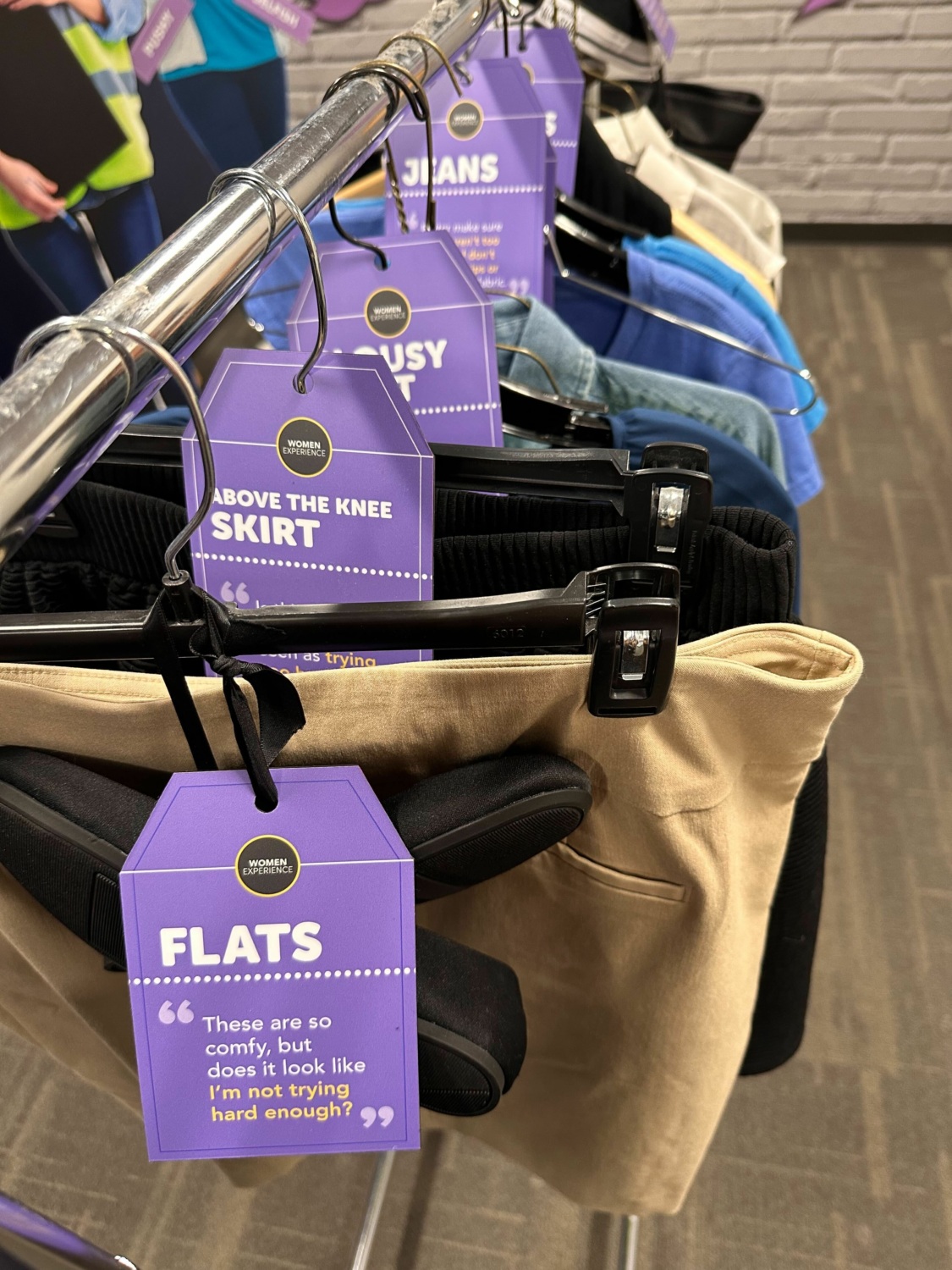This case study is part of the W.K. Kellogg Foundation’s Expanding Equity program, which helps workplaces become more racially equitable places of opportunity. The program supports and inspires companies to take action using four pillars of racial equity strategy: Attract, Belong, Promote and Influence. Each pillar offers unique opportunities for advancing racial equity, diversity and inclusion in companies. This case study lifts up actions from the Belong pillar, which focuses on creating an inclusive work environment that supports well-being, connection and retention so that all workers feel respected and can be successful.
Executive Summary
Just as every individual’s experiences and perspectives are unique, so is every organization’s diversity, equity and inclusion (DEI) journey. Molson Coors Beverage Company, a renowned leader in the beverage industry, sought to bring these two ideas together to create an immersive experience for its employees that was rooted in contemplation and compassion to better foster a culture of belonging, both at the company and in the greater community.
This case study examines Molson Coors’ Empathy Experience, a facilitated, immersive experience that furthers organizational DEI efforts by deepening employee awareness of the experiences of historically marginalized groups and creating space for self-reflection and emotional connections.
To create its Empathy Experience, Molson Coors took the following actions:
- Developed five exhibit-like spaces representing the experiences of women and those who identify as Black, Latino, Asian Pacific and LGBTQ+
- Trained facilitators to lead employee groups and guide reflections following each experience
- Dedicated a permanent space in its Milwaukee headquarters for the Empathy Experience, so that employees could return multiple times, recognizing that each person’s experience is an ongoing learning journey
- Set the expectation for employees that participating in all five spaces was required and foundational to the company’s values
- Expanded the experience to reach all its employees in North America, creating another space in Toronto
By analyzing its strategies, successes and lessons learned, Molson Coors is continually growing its Empathy Experience as part of its organizational DEI journey. As other DEI leaders and companies look to implement their DEI efforts, Molson Coors offered the following advice:
- Start your journey and recognize that everyone is beginning at a different place
- Know why you want to do DEI and belonging work and why you think it’s important to be part of it
- Find what makes sense for you and your organization
- Recognize that you will grow and change as your journey evolves


The Challenge
Molson Coors has implemented several comprehensive DEI strategies, from empowering employee resource groups to promoting equitable hiring practices and ensuring diverse representation at all levels of the organization. The company seeks to embed DEI into its organizational values and the fabric of its operations.
The first step of its DEI journey was to recruit employees who are representative of its consumers and the community. But, the company knew it had to go further by creating a workplace environment that cultivated inclusion and belonging. Molson Coors recognized that every employee has their own unique lived experience and holds identities that impact their day-to-day lives, particularly those from historically marginalized groups.
To build empathy around shared and different experiences, Molson Coors wanted to create a learning experience that would go beyond providing just DEI training and tools. This idea led to the Empathy Experience.
Our employees need to be as diverse as our consumers who are as diverse as our products.
Steven Brown, vice president of diversity, equity & inclusion at Molson Coors
Background
Molson Coors identifies its most important value as “put people first.” The beverage company produces many beloved and iconic drink brands, from Coors Light, Molson Canadian, Leinenkugel’s Summer Shandy, Vizzy and more. By putting people first, Molson Coors has been brewing beverages that unite people to celebrate all life’s moments for more than two centuries and is committed to raising industry standards to positively impact its employees, consumers and communities at large.
Throughout its history, the company embraced the belief that diverse perspectives and inclusive practices fuel innovation and drive sustainable growth. Molson Coors views the role of DEI as the responsibility of all employees, from how employees work together to how the company wants to go. Specifically, the company recognizes diversity as a way that brings in everyone’s uniqueness in their point of views, experiences and the brands they identify with.
Molson Coors originally created the Empathy Experience in 2018 as part of an initiative within Marketing to understand the lived experiences of our consumers. The success of the program led to the decision to launch the experience around the organization. The interactive and emotionally engaging experience is designed to build empathy between colleagues and across the organization. The Empathy Experience helps participants explore individual bias, unconscious bias and how microaggressions affect others.
The Empathy Experience includes the following five experiences:
- Black experience
- Latino experience
- Asian Pacific experience
- LGBTQ+ experience
- Women experience
Employees are guided through each experience as an opportunity to learn about empathizing with the biases and microaggressions that each group may encounter in the workplace or generally in their daily lives.
When Steven Brown, vice president of DEI, and Katie Wesner, DEI program manager, joined the Molson Coors team in 2020 and 2021 respectively, they looked to continue driving the impact of the living and breathing learning experience.
Building a Living and Breathing Learning Experience
-
Video Transcript
Steven: “At Molson Coors, I truly believe that what the empathy experience is doing for us is really aligning us in regards to our ultimate goal of inclusion and belonging. I see it happening every session that we have that the conversation is starting to happen.”
Katie: “So what is the empathy experience? I say living and breathing a lot because it is literally a living and breathing, immersive learning experience. It is an opportunity for us, as an organization, to highlight some of the challenges and the real-world interactions that folks in marginalized communities experience, not only in the workplace but in the world around us.”
Steven: “The empathy experience starts this conversation of saying, we are building a culture where we’re learning. We’re talking to one another. We’re even challenging one another, but we’re talking about what does this mean for us, as a part of this organization. I think that’s been pretty powerful.”
Katie: “We want to make sure that you feel that this is a learning experience, that you are immersed in this process, and that when you leave that space that you feel like I am going to go into my next space, my next meeting, my next encounter with maybe a little bit of a shift in reference – shift in a frame of reference.”
Katie: “I think the empathy experience gives us a slice of understanding, expanding that lens again, understanding what you may experience moving through your day-to-day life that I don’t even have to think about. And the impact that has on you as a human being is different than what it – the impact that it has on me as a human being.
Steven: “That’s right.”
Katie: “It’s such a powerful experience we’ve heard from so many of our employees that, you know, it is a mind-opening opportunity to think about how we listen to each other and listen to actually listen, not listening to respond.”
Steven: The advice of how you start your DEI journey is to start your DEI journey.
Katie: “That’s true.”
Steven: “We’re all at different places. I’m just really thoughtful that I don’t want people not to do it because I think they have to have all of the answers. You go into this knowing that you learn, you change, you evolve, and I think that’s extremely important.”
To create the Empathy Experience, Molson Coors took the following approach. As you think about implementing similar work in your company, these steps can guide your journey.
-
1. Assess: Understand the DEI starting point for yourself, your organization and your industry
Brown originally began his journey with Molson Coors as a human resources manager in 1995 then continued his human resources experience at General Electric. When he rejoined Molson Coors in 2020 as vice president of DEI, the company had recently experienced a traumatic shooting at one of its breweries. Steven recognized this moment as a way to integrate the company’s healing and recovery with Molson Coors’ DEI work.
The pandemic occurred shortly after Steven rejoined the company when he realized that Molson Coors’ DEI team was important and critical to the company’s sustainability and commitment to advancing racial equity. Molson Coors realized that providing DEI tools and training were not enough to implement real change at the company. While not necessarily standard in the beverage industry, the company decided to make sure that DEI was at the forefront of each function’s business goals, providing regular programming such as the Empathy Experience throughout the year to proactively and consistently support the curiosity and growth of the company’s employees.
-
2. Aspire: Set a racial equity aspiration (vision) and strategic objectives
When delving into this work, Steven and Katie acknowledged how topics like race, racism and bias are typically not discussed at work. They acknowledged, however, that creating more belonging and a more inclusive, equitable culture at Molson Coors could not happen without actively starting conversations in the workplace.
For Molson Coors, the Empathy Experience is about starting a conversation to create a culture where everyone feels known, understood and included. Everyone should feel valued for who they are. A culture where diverse points of view are allowed to flourish because that can spark innovation that we need to move our business forward by being open, real and respectful with one another.
This set the precedent of how Molson Coors leveraged the Empathy Experience to support their overall DEI strategies.
-
3. Architect: Identify priority initiatives and develop an initial plan for implementation
Molson Coors defines empathy as the capacity to understand or feel what another person is experiencing from within their frame of reference, so deeply you are compelled to act on their behalf.
The Empathy Experience explores five different experiences representing historically marginalized groups: Black, Latino, Asian Pacific, LGBTQ+ and women. To offer formal guidance, Molson Coors selected and trained facilitators to lead groups and guide reflections through each experience. The facilitators of the experience are a group of employees who are ambassadors and champions of DEI at Molson Coors. This team of volunteers is dedicated to engaging their colleagues in brave and sometimes difficult conversations to help each other grow as individuals and as an organization. Each facilitator received multiple hours of training led by the DEI team and continues to connect on a quarterly basis to share best practices.
Molson Coors also decided to dedicate a permanent space for the Empathy Experience so that employees could revisit as part of their ongoing learning journeys. Each space includes interactive activities and thought-provoking questions. It is also updated over time based on employee feedback.
-
4. Act: Review implementation steps and mobilize your organization to take action, drive cultural change and catalyze transformation
Molson Coors wanted to emphasize the importance of participating in the Empathy Experience for all employees. To demonstrate how essential this was to the company, all five experiences were made mandatory for each employee as Molson Coors believes that DEI is the key to collaboration and a winning team culture.
When some employees expressed that they would only like to participate in select experiences and not others, Brown explained that it was crucial to go through all experiences in the Empathy Experience, comparatively saying that “you wouldn’t opt out of a safety training.”
“This (the Empathy Experience) is part of who we are and who we’re becoming,” said Steven. “You don’t opt out of the organization.”
-
5. Advance: Develop a long-term plan to sustain your plan and strategies to build organizational resilience
Molson Coors recognizes that in some ways, the Empathy Experience is the beginning of the conversation for many across the organization. In 2023, the DEI team dedicated its time to developing expanded learning experiences that focus on some of the key concepts, behaviors and discussions points that have developed through Empathy Experience participation.
The DEI team also worked together to mobilize the experience to multiple locations, not just in Milwaukee, but also their U.S. breweries and Toronto, so that they could bring the experience to all its employees in North America.
This year, Molson Coors created a virtual version of the Empathy Experience in Toronto. For that installation, the DEI team adjusted the content so that it represented the experiences of the Canadian workforce and environment. “We built an entirely new empathy experience in Canada in 2022 because we recognized that the experiences of these identities are different from those in the U.S.,” said Wesner.
How the Expanding Equity Program Supported Molson Coors
Brown and Wesner shared that the Expanding Equity program helped them to assess the Molson Coors’ DEI journey by thinking about the processes, behaviors, practices, structure and accountability needed to continue growing as an organization.
Molson Coors continues its relationship by inviting Expanding Equity to its annual Month of Inclusion in October as an opportunity to bring racial healing into the conversation. During this, Molson Coors’ employees hear about not only what racial healing could be, but how they can use it and begin conversations.
“It has been a real-time application of what we got from the program and how I was able to bring it into the organization,” explained Brown. “And now holding ourself accountable on how we continue to the work around racial healing.”
Results/Progress-to-date
More than 2,000 employees have participated in the Empathy Experience as of July 1, 2023. Molson Coors shared that the Empathy Experience was intended to be a way to intentionally allow its employees to share space and bring others with various backgrounds and understandings together to have a conversation. “Sometimes, the conversation can be uncomfortable before you move to a space that is comfortable about these differences,” said Katie Wesner.
Molson Coors hopes the experience will continue to move more people from a tolerance of people’s differences to an acceptance of those differences.
Brown and Wesner explained that these learnings are a continual part of their DEI journey. “We don’t see this as a moment, we see this as a movement,” said Brown. “The progress has been great in some areas and slow in others, and that’s why the work has to continue.”
You can leave a room but you hope that experience goes with you.
Steven Brown, vice president of diversity, equity & inclusion at Molson Coors
Key Learnings
The Molson Coors DEI team offers the following wisdom from their journey:
- Know your “why”
The Molson Coors team shared that their “why” for the Empathy Experience was to build relationships and to really know each other on an empathetic level, which they found central to creating an inclusive environment.
When getting into the DEI space, Wesner and Brown emphasized that it’s important to recognize why you want to do this work and particularly why it’s important to be part of this work. Molson Coors recognizes that everybody has different experiences and skill sets, so understanding how to apply those strengths to your “why” is critical.
- Remember that DEI initiatives are living and breathing
DEI initiatives are never set in stone. As environments change, Molson Coors encourages organizations to be willing to change with it. Molson Coors was intentional in making sure that the Empathy Experience was a living and breathing experience, acknowledging that experiences of historically marginalized communities are continually changing.
Brown and Wesner shared that the Empathy Experience has been updated over time, taking into consideration the local contexts of each experience and feedback they received from previous participants on the content.
“What’s special about the Empathy Experience is that each session is unique and changes every time a new group of employees participates in it,” said Wesner. “While the experience is facilitated, each group holds different insights because of their diverse backgrounds and experiences, leading to new insights and conversations. We value this aspect of the experience and are continually learning from our employees on how to evolve because of this.”
- Start your DEI journey by actually starting your DEI journey
Since everyone’s DEI journeys will look different, Molson Coors shared that other organizations can begin learning just from starting their journeys.
Everybody is starting at a different place in their journey, both individually and organizationally. Katie Wesner and Steven Brown remind others looking to start their DEI journeys that DEI leaders and companies don’t join this workspace because they have all the answers, but because of what they will learn and are willing to change and grow as a result.


